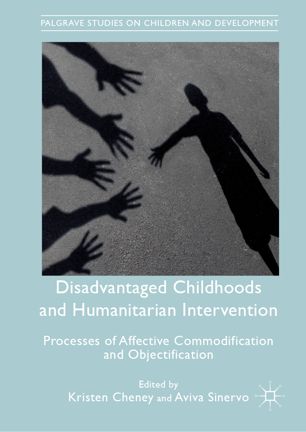

Most ebook files are in PDF format, so you can easily read them using various software such as Foxit Reader or directly on the Google Chrome browser.
Some ebook files are released by publishers in other formats such as .awz, .mobi, .epub, .fb2, etc. You may need to install specific software to read these formats on mobile/PC, such as Calibre.
Please read the tutorial at this link: https://ebookbell.com/faq
We offer FREE conversion to the popular formats you request; however, this may take some time. Therefore, right after payment, please email us, and we will try to provide the service as quickly as possible.
For some exceptional file formats or broken links (if any), please refrain from opening any disputes. Instead, email us first, and we will try to assist within a maximum of 6 hours.
EbookBell Team

4.1
70 reviewsThis book explores how humanitarian interventions for children in difficult circumstances engage in affective commodification of disadvantaged childhoods. The chapters consider how transnational charitable industries are created and mobilized around childhood need—highlighting children in situations of war and poverty, and with indeterminate access to health and education—to redirect global resource flows and sentiments in order to address concerns of child suffering. The authors discuss examples from around the world to show how, as much as these processes can help achieve the goals of aid organizations, such practices can also perpetuate the conditions that organizations seek to alleviate and thereby endanger the very children they intend to help.